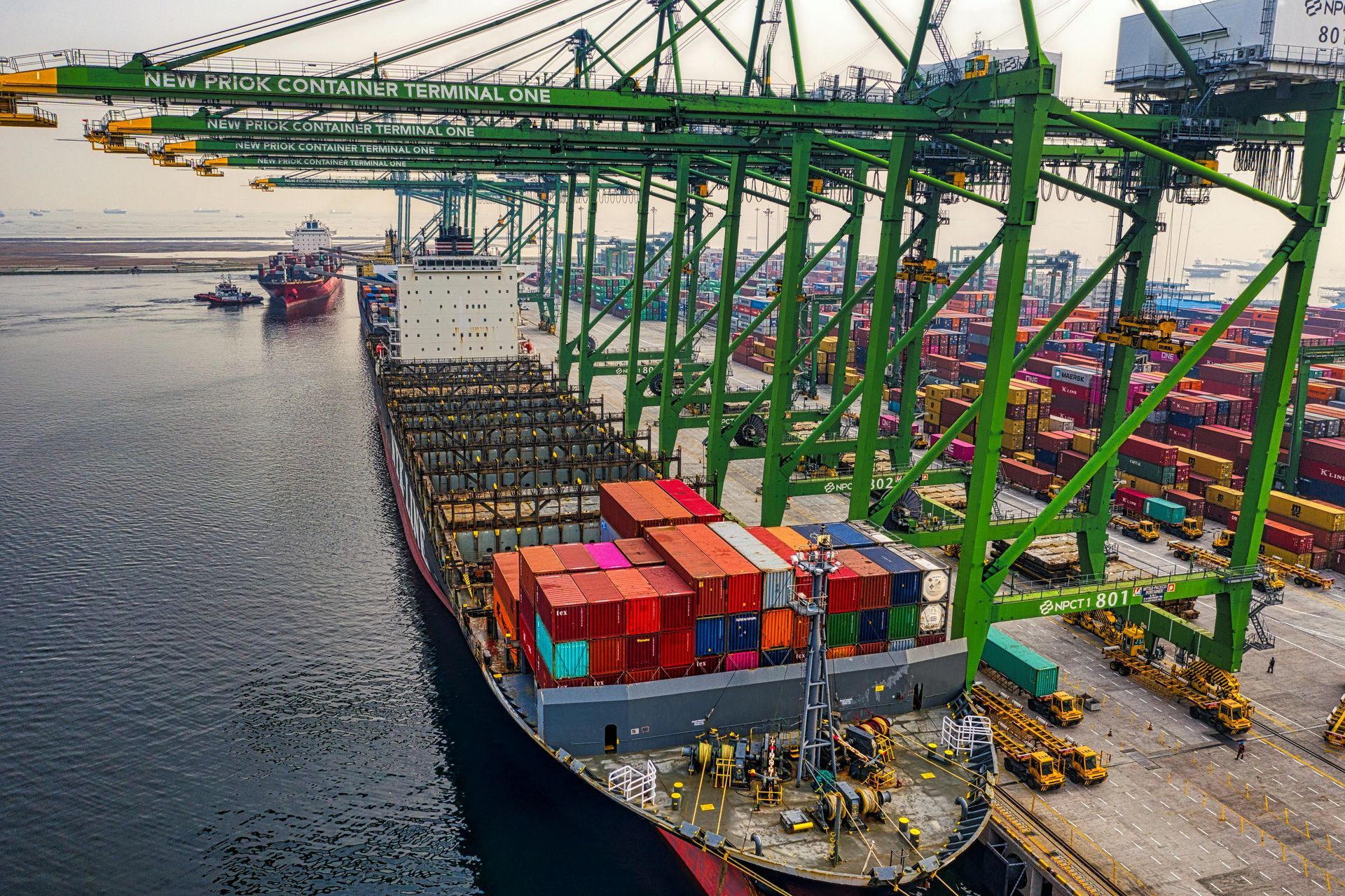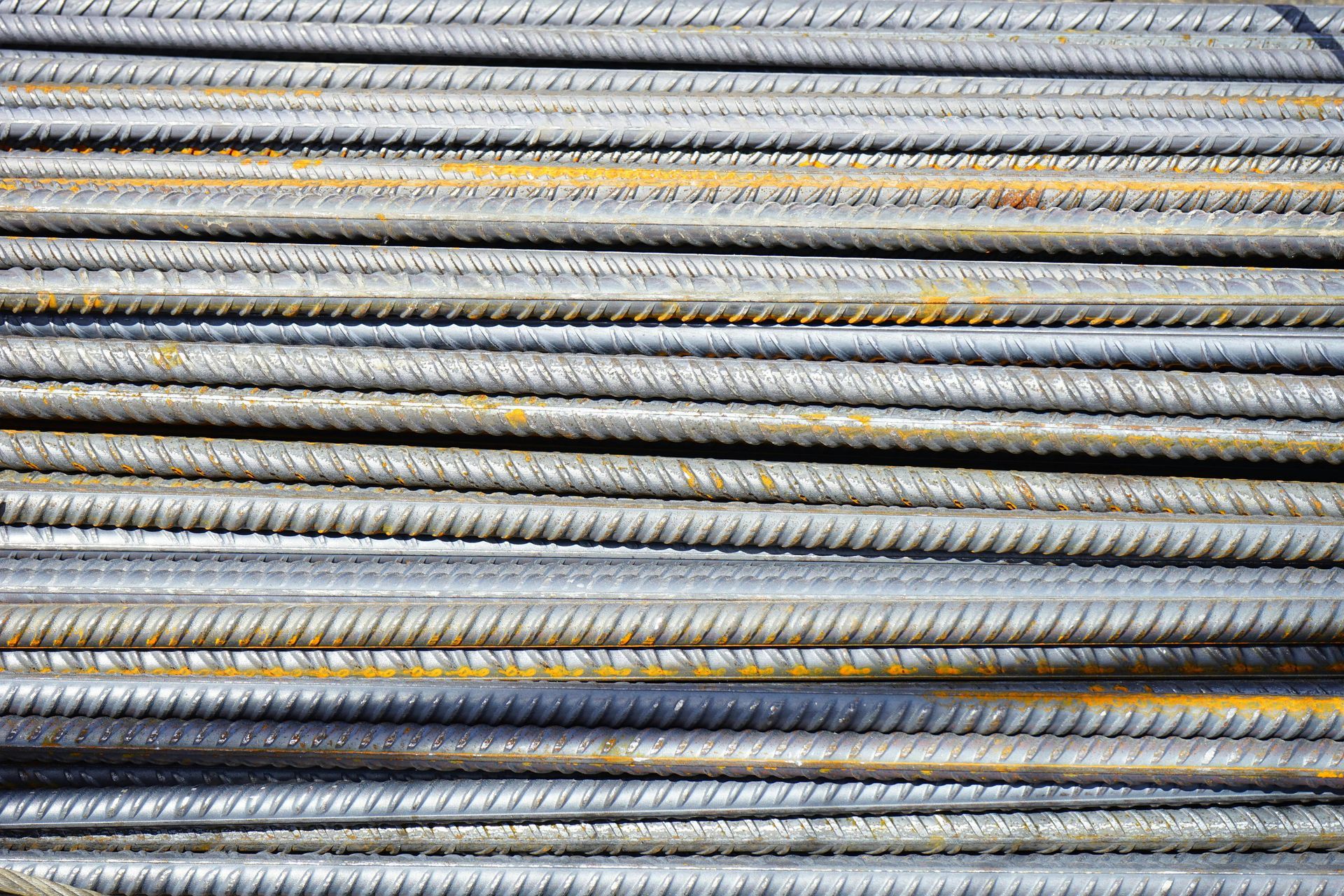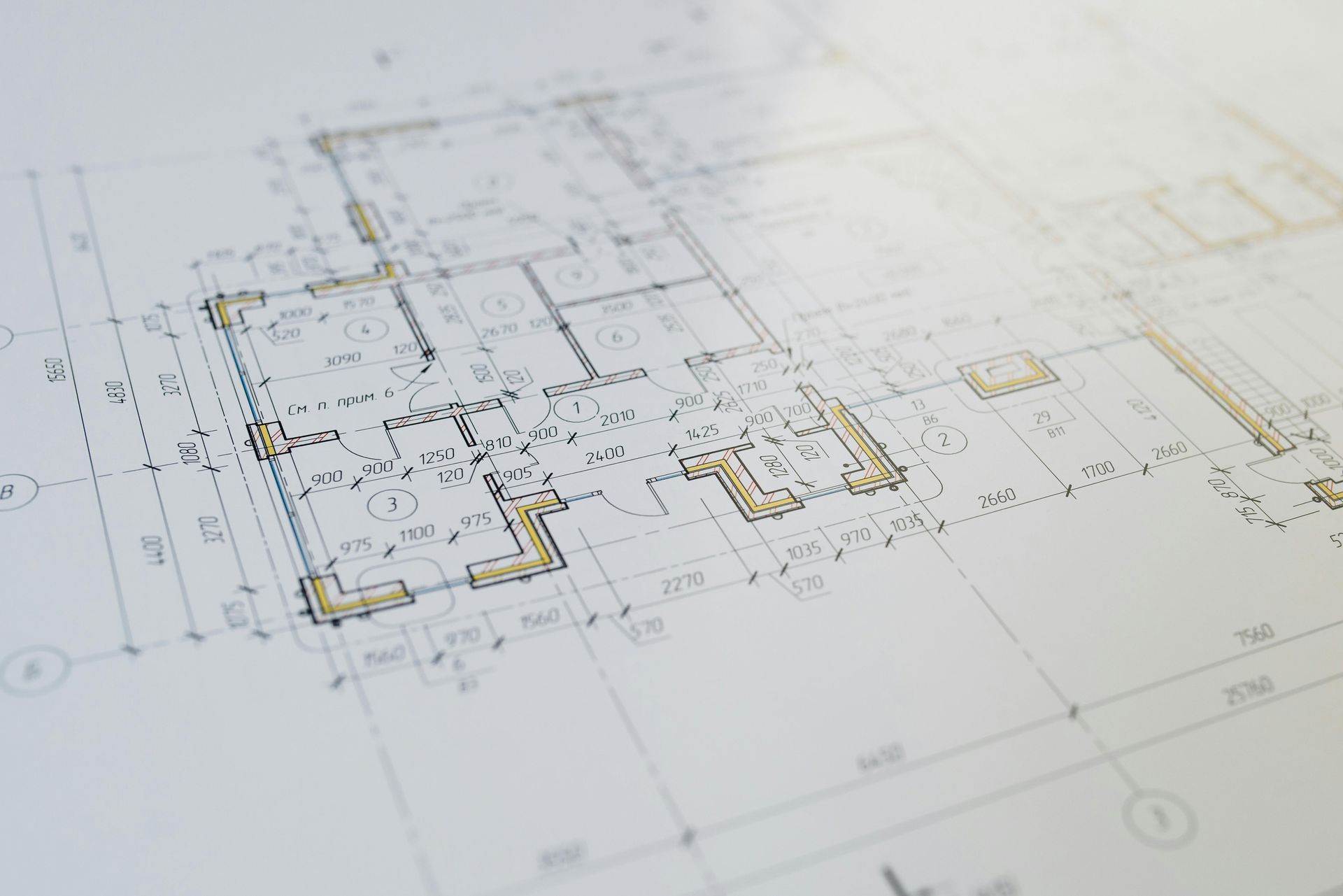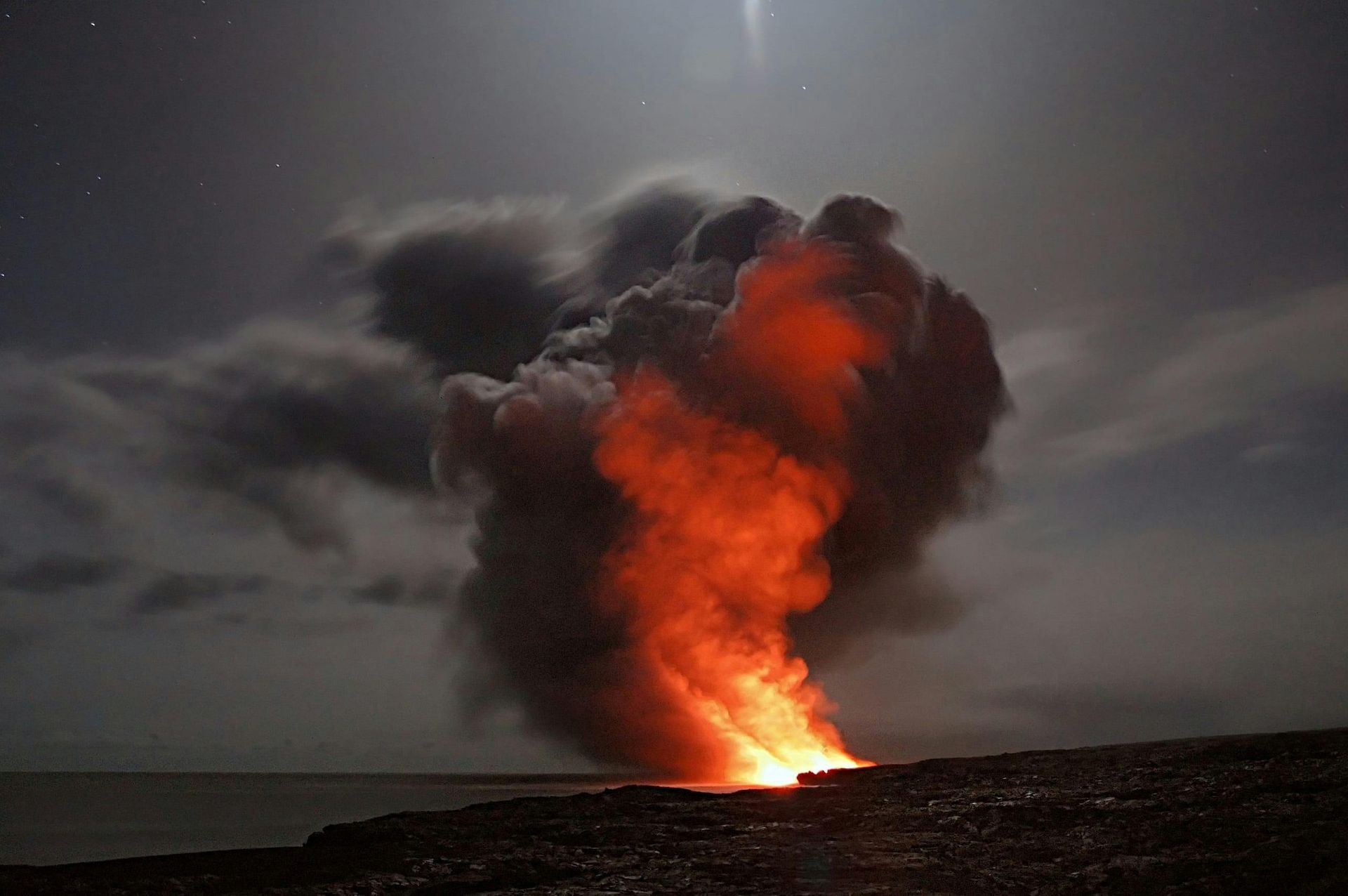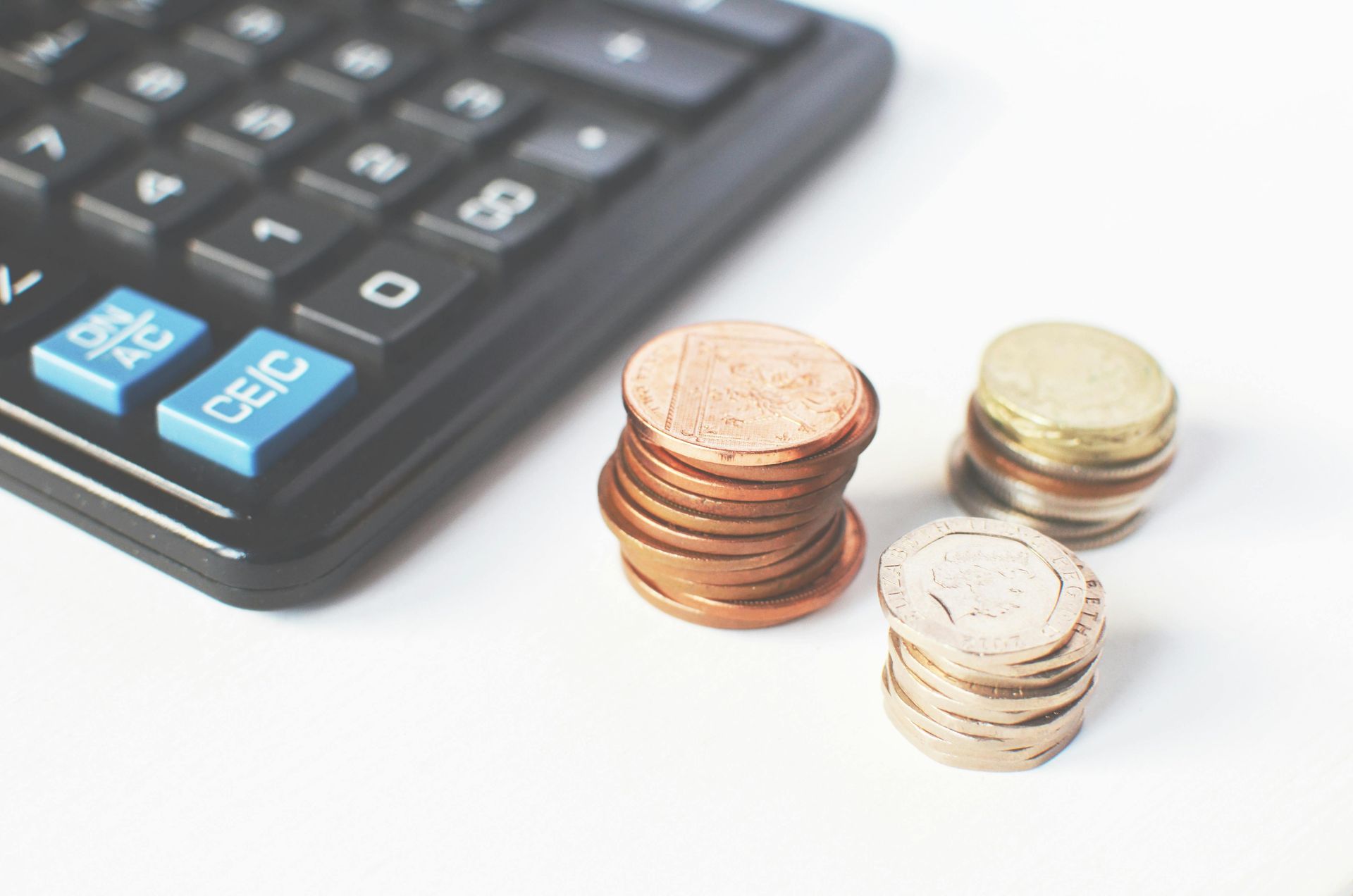Managing Utilities Efficiently in MDUs: A Guide for Developers and Property Managers
Managing utilities in Multiple Dwelling Units (MDUs) is crucial for controlling operational costs, enhancing sustainability, and maintaining tenant satisfaction. Inefficient utility management can lead to high expenses, wasted resources, and tenant frustration. By implementing energy-efficient systems, water-saving solutions, and smart technology, developers and property managers can optimize utility usage in MDUs, benefiting both the building’s bottom line and the environment. Here’s a comprehensive guide to efficient utility management in MDUs.
Upgrading to Energy-Efficient HVAC Systems
Heating, ventilation, and air conditioning (HVAC) are among the largest utility expenses in any MDU. Energy-efficient HVAC systems reduce energy consumption and improve comfort, making them a wise investment for both new and existing MDUs.
- High-Efficiency Units: High-efficiency HVAC units, often rated with the ENERGY STAR label, use significantly less energy than standard models. While they may have a higher upfront cost, their lower energy consumption can lead to long-term savings on utility bills.
- Variable Refrigerant Flow (VRF) Systems: VRF systems are an excellent option for MDUs because they can control the amount of refrigerant flow to different areas of the building, allowing for precise temperature management. This system uses only the necessary amount of energy, making it ideal for both energy savings and tenant comfort.
- Smart Thermostats: Smart thermostats provide residents with control over their individual heating and cooling preferences while optimizing energy use. These devices can be adjusted remotely and often include programming options for specific times of day, reducing energy waste in unoccupied units.
- Routine Maintenance: Regular maintenance, including filter changes and duct cleaning, ensures that HVAC systems run efficiently. Clean and well-maintained systems consume less energy and experience fewer breakdowns, saving on repair costs.
By investing in efficient HVAC systems, property managers can reduce energy costs while maintaining a comfortable environment for residents, making it a win-win for both the building’s finances and tenant satisfaction.
Installing Low-Flow Fixtures and Water Conservation Systems
Water management is another key component of utility efficiency in MDUs. Installing water-saving fixtures and conservation systems can reduce water consumption significantly, helping to lower costs and promote sustainability.
- Low-Flow Faucets, Showerheads, and Toilets: Low-flow fixtures use less water without compromising functionality. These fixtures can reduce water consumption by up to 50%, which is especially impactful in MDUs with multiple units, as savings accumulate over time.
- Dual-Flush Toilets: Dual-flush toilets offer two flushing options—a full flush for solid waste and a half flush for liquid waste—helping residents conserve water while maintaining functionality. These toilets are increasingly popular for their water-saving potential.
- Greywater Recycling Systems: Greywater recycling systems capture and treat wastewater from showers, sinks, and laundry to use for non-potable applications, such as toilet flushing and landscape irrigation. This can greatly reduce fresh water demand and lower water bills.
- Leak Detection Systems: Undetected leaks can waste large amounts of water and lead to expensive repairs. Smart leak detection systems can alert property managers to leaks in real time, allowing for prompt repairs and preventing water waste.
With water-saving solutions, developers and property managers can cut down on utility costs, reduce environmental impact, and appeal to eco-conscious residents.
Implementing Smart Metering and Monitoring
Smart metering and monitoring systems allow property managers to track energy, water, and gas consumption in real time, making it easier to identify inefficiencies and address issues quickly.
- Individual Utility Meters: Installing individual meters for each unit allows tenants to be billed based on their own usage, which can incentivize residents to conserve energy and water. Individual meters also provide transparency, allowing tenants to see and manage their consumption more effectively.
- Smart Utility Meters: Smart meters collect data on energy and water use at regular intervals, providing property managers with detailed insights into consumption patterns. This data can help identify peak usage times, detect unusual spikes, and locate inefficiencies, all of which can be addressed to reduce utility costs.
- Centralized Monitoring Systems: For larger MDUs, centralized monitoring systems offer an overview of utility usage across all units. These systems can automatically alert property managers to issues, such as leaks or abnormal energy use, enabling quick interventions.
- Resident Access to Data: Providing residents with access to their individual consumption data through an app or portal can encourage mindful use of resources. Many tenants appreciate the ability to track and manage their own usage, as it helps them understand how their behavior impacts utility costs.
With smart meters and monitoring systems, MDUs can achieve better utility management, lower costs, and reduce environmental impact by making data-driven adjustments to consumption patterns.
Leveraging Renewable Energy Sources
Incorporating renewable energy sources into MDU utility management is an excellent way to reduce reliance on fossil fuels and decrease utility expenses over time. Renewable energy also appeals to environmentally conscious tenants, adding value to the property.
- Solar Panels: Solar panels can generate electricity for common areas, reducing the building’s overall energy needs. In some cases, solar energy can even supply a portion of the electricity for individual units, lowering residents’ utility costs.
- Solar Water Heating Systems: Solar water heating systems use solar energy to preheat water, reducing the energy required for hot water heaters. This is particularly cost-effective for MDUs with high hot water demand, such as those with on-site laundry facilities or swimming pools.
- Wind Turbines: For MDUs located in windy regions, small-scale wind turbines can be an effective renewable energy source. While they are less common in urban areas, they can be a valuable addition in certain locations.
- Battery Storage Systems: Integrating battery storage with renewable energy systems allows MDUs to store excess energy for use during peak hours or emergencies. Battery storage improves energy resilience and provides a backup power source, which is especially valuable in areas prone to power outages.
Renewable energy systems reduce the building’s environmental footprint and can significantly lower long-term utility costs, providing both financial and ecological benefits for MDUs.
Using Efficient Lighting Solutions
Lighting is a significant component of energy use in MDUs, particularly in common areas such as lobbies, hallways, and parking garages. By switching to energy-efficient lighting solutions, property managers can reduce energy consumption and save on electricity costs.
- LED Lighting: LED lights use significantly less energy than traditional incandescent or fluorescent bulbs and have a much longer lifespan. LEDs are ideal for common areas where lights are on for extended periods, as they require fewer replacements and reduce overall energy use.
- Motion-Sensor Lighting: Motion sensors in hallways, stairwells, and parking garages ensure that lights are only on when needed, reducing energy waste. Motion-sensor lighting is particularly effective in areas with intermittent foot traffic, as it automatically adjusts to real-time usage.
- Daylight Harvesting: Daylight harvesting systems adjust artificial lighting levels based on the amount of natural light entering a space. This system reduces the need for artificial lighting during daylight hours, lowering energy consumption in common areas with large windows or skylights.
- Timed Lighting Controls: Timed lighting controls allow property managers to program lights to turn on and off at specific times, reducing unnecessary energy use. For example, outdoor lights can be set to turn on at dusk and off at dawn, providing adequate lighting without wasting energy.
Efficient lighting solutions not only improve utility efficiency but also create a safer, well-lit environment for residents. These systems are a cost-effective way to enhance energy conservation and reduce operating expenses.
Educating Residents on Sustainable Utility Practices
Tenant engagement is a critical component of successful utility management in MDUs. By educating residents on sustainable practices, property managers can encourage behaviors that reduce resource consumption and foster a culture of sustainability within the building.
- Providing Conservation Tips: Simple conservation tips, such as turning off lights when leaving a room, running full loads of laundry, and adjusting thermostat settings, can make a significant impact on utility use. Property managers can share these tips through newsletters, digital signage, or resident portals.
- Hosting Green Living Workshops: Organizing workshops on sustainable living topics, like energy conservation and waste reduction, can engage residents and promote eco-friendly habits. Many residents appreciate learning how to reduce their environmental impact and may apply these practices in their daily lives.
- Promoting Recycling and Composting: Providing clear guidelines on recycling and composting can help reduce waste and promote responsible disposal practices. On-site composting programs or partnerships with local composting services offer residents an easy way to reduce food waste.
- Rewarding Sustainable Behavior: Recognizing and rewarding tenants who engage in sustainable practices can further encourage conservation. For example, buildings could offer discounts on rent or amenities to residents who consistently use less water or energy.
By fostering a culture of sustainability, property managers can improve utility efficiency and create a community that values responsible resource use.
The Benefits of Efficient Utility Management in MDUs
Efficient utility management is essential for creating cost-effective, sustainable, and comfortable living spaces in MDUs. From energy-efficient HVAC systems and water-saving fixtures to renewable energy sources and resident education, each step toward optimized utility management has lasting benefits. These strategies not only lower operational costs but also attract eco-conscious residents and contribute to the building’s long-term value.
By implementing these utility management practices, developers and property managers can create MDUs that meet the needs of today’s tenants while promoting environmental stewardship. In a competitive housing market, MDUs that prioritize efficiency and sustainability stand out, offering residents a modern, responsible, and affordable place to call home.
